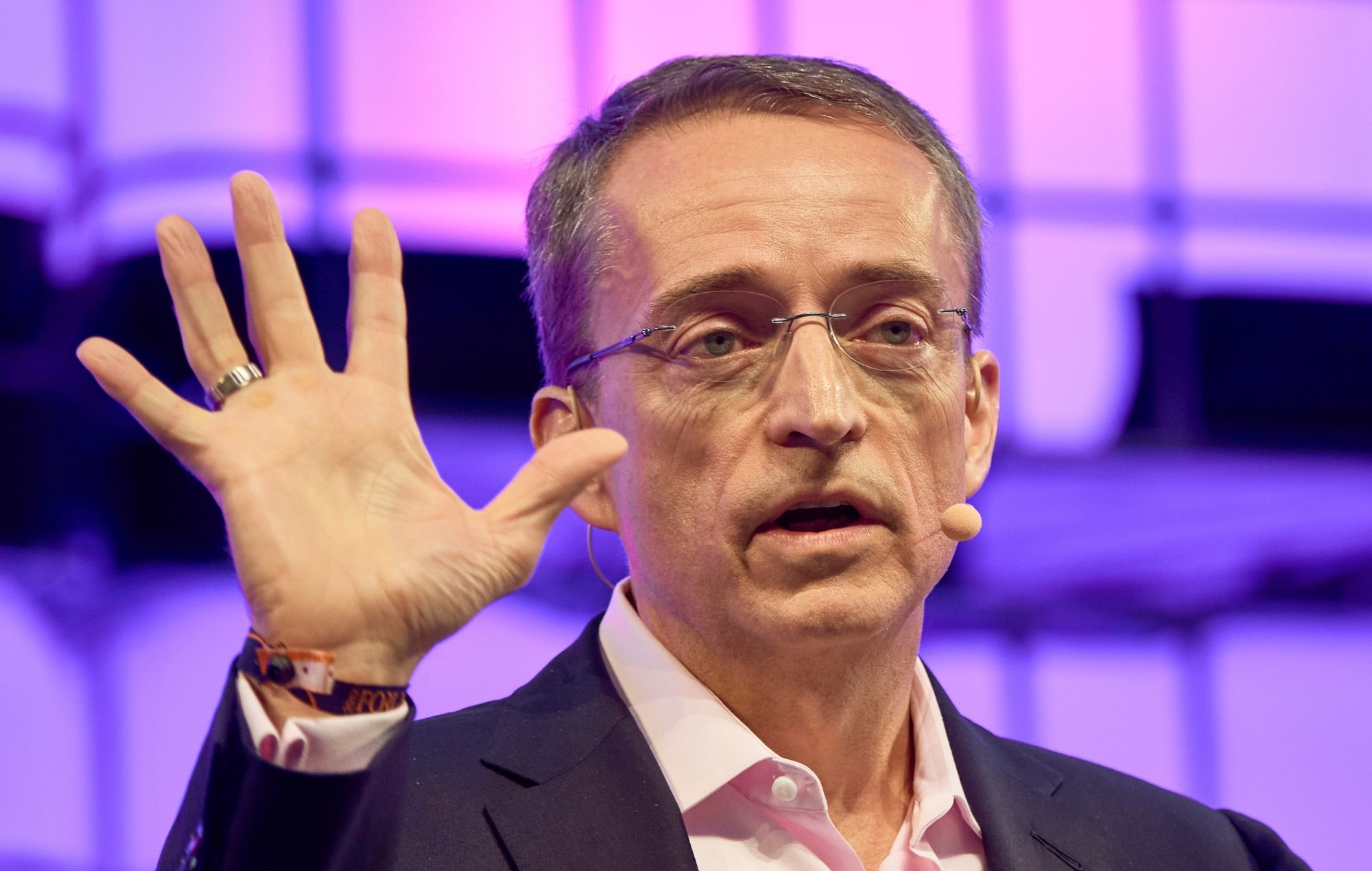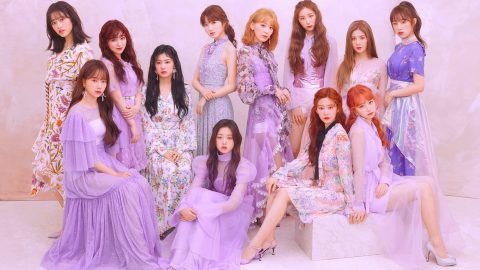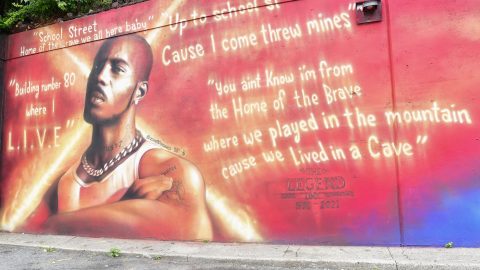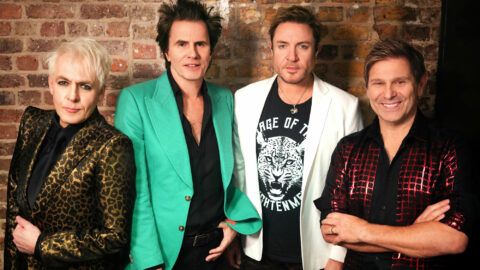
Isn’t it infuriating to be misunderstood? Well, that’s how many drill fanatics felt recently when cultural commentator Zeze Millz – who for years has built up a huge following as an opinionated voice on UK youth and black culture – said that drill stars “glorify” gang violence and that it’s “not positive”. Now, if this was 2015 when drill was almost strictly alleged violence about your gang’s placement on the ‘scoreboard’, she may have had a point.
But drill is changing.
Drill may sound negative on the surface, and that’s clearly down the difficult backgrounds that it’s based in. But these talented kids have gone from the streets to selling out the 02 Brixton, as north London’s Headie One did last November. Drill has taken them out of the ‘hoods and finally put legitimate money in their pockets. Poverty is punished in this country, and a lack of funds can often push a young person into criminality; according to the Child Poverty Action Group, 37% of kids in London are living in ‘relative poverty’.
Pushing to get the fast money on the streets, with a decade of austerity having eroded opportunities and benefits (in 2017, one in five Londoners were paid below the London Living Wage), these guys just want some pocket change. And this is something that rap can offer them. And if rap is all about your experiences, of course these young artists feel obliged to talk about the gritty, hard-knock life they endured before the chains and fast cars that fame offers.
Yes: drill was originally a kind of sparring music, where gangs could send for each other. But take Zone 2’s Karma’s breakdown of gang life on ‘Life’s Shit’ and you’ll see just how drill music is saving his life. “Have you ever been so broke?” he asks. “I don’t think so / Mum couldn’t buy new shoes / it was 2 weeks straight I was doing up bricks road”.
At the same time, there are now ample examples of drill stars who didn’t come from the street. This is a result of the genre branching out and attracting new voices as it becomes bigger. Now drillers aren’t only talking about ‘chingings’ or pouring their hearts out as as they relive their trauma – we have R&B drill and Rumba drill in 2020.
This year, Deptford artists lsong’s ‘Have You Ever Heard A Love Song On Drill’ became a crossover hit (it’s racked up almost two million YouTube views) that spun the drill world. This singer-songwriter took the toxicity that many associate with drill and obliterated it with unashamed romance. He helped show others, who may or may not be products of a shitty environment, that drill is not just for so-called roadmen, but for anyone.
And then there’s funnyman Munya Chawawa, who has parodied the typically demonised genre with his character Unknown P, who may or may not be a distant cousin to Unknown T. You cannot call drill simply negative when it’s proving to be such a multi-faceted and complex sub-genre.
Mills also made the super-annoying claim that UK drillers show no emotion, suggesting that you can’t hear drill stars “praising women and calling them empresses”. She suggested that drill artists, admittedly predominantly male, don’t talk about love and other sensitive topics. This feeds the erroneous idea that these rappers are emotionless, robotic killing machines.
Toxic masculinity, perpetuated in gang life, suppresses male emotion – but drill offers an outlet explore your feelings. Aside from ‘Have You Ever Heard…’, there are plenty of stellar tracks in which the mandem talk about their leading ladies in a glowing light – see Unknown T’s ‘SS Interlude’ and Abra Cadabra’s ‘Valentine’ (the latter will have even the toughest of guys asking “Baby, will you be my valentine…?”).
The reason these stars may not want to rap about love, though, is perfectly summed up by south London’s AM’s ‘The Hotspot’ freestyle. If drill stars “rap about love”, he tells us, “they’re done”. It’s seen as being soft and you lose street credit. But huge drill stars incorporating love in their raps is a positive move, no? They’re steering away from that macho man persona they used to rely on.
After years of constant media and police scrutiny that painted the picture that drill music is the Devil’s work, the sub-genre has thrived like a beautiful rose through concrete. A bunch of guys from council estates have made good of a horrid hand and become stars. Perhaps drill music will forever be misunderstood by people far removed from the scene – but let’s hope that, one day, these once-voiceless council estate kids will be heard loud and clear.
The post Glorifying violence? Far from it – in 2020, drill is a more positive force than ever appeared first on NME Music News, Reviews, Videos, Galleries, Tickets and Blogs | NME.COM.







